COVID-19 Resurgence in India: Over 1,000 Active Cases and New Variants Identified
With Kerala reporting the highest number of infections, India witnesses renewed concerns over the spread of JN.1, NB.1.8.1, LF.7, and XFG variants.

New Delhi – Active COVID-19 cases in India have climbed to 1,081, according to Indian media reports. On Tuesday alone, Karnataka recorded 36 new infections, Gujarat 17, Bihar 6, and Haryana 3.
Kerala leads the country with 430 active cases. Gujarat also reported progress, with 13 patients recovering from the virus.
First Death in Uttar Pradesh Linked to New Variant
In Firozabad, Uttar Pradesh, a 78-year-old man died while undergoing treatment. This marks the state’s first COVID-19 death linked to a new variant. Overall, 12 recent deaths have been reported across Maharashtra, Rajasthan, West Bengal, Karnataka, and Madhya Pradesh.
Four New Variants Detected
Dr. Rajiv Bahl, Director of the Indian Council of Medical Research (ICMR), confirmed four new COVID-19 variants: LF.7, XFG, JN.1, and NB.1.8.1. Health officials identified some of these through genome sequencing of samples from southern and western India.
Dr. Bahl stated that although the situation isn’t alarming, people should still practice caution.
WHO Response and Variant Prevalence
The World Health Organization (WHO) has categorized these strains as “under monitoring” rather than “variants of concern.”
Among them, JN.1 has become the most prevalent in India, appearing in over half the tested samples. BA.2 makes up 26% and other Omicron subvariants account for 20%.
JN.1 belongs to the Omicron BA.2.86 lineage. It first emerged in August 2023, and WHO labeled it a “variant of interest” by December. This strain carries around 30 mutations that may reduce the immune system’s effectiveness.
Spread and Severity
Johns Hopkins University researchers note that JN.1 spreads more quickly than previous variants. However, it usually does not lead to severe illness. It has already become dominant in several countries.
NB.1.8.1 contains multiple spike protein mutations, which help it spread faster and bypass immunity gained from earlier infections or vaccines.
Long-Term Symptoms Possible
Symptoms of JN.1 may persist from several days to weeks. Medical experts warn that prolonged symptoms could signal “Long COVID”, where effects remain even after recovery.



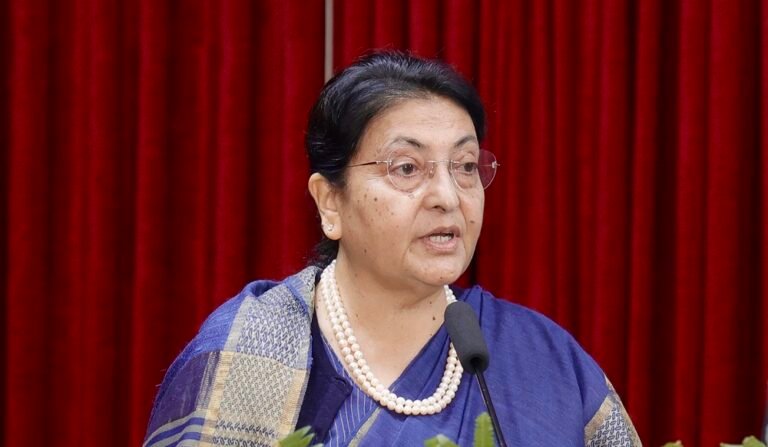
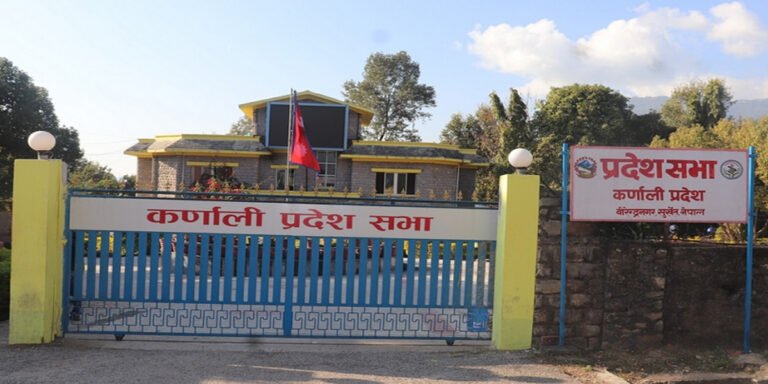



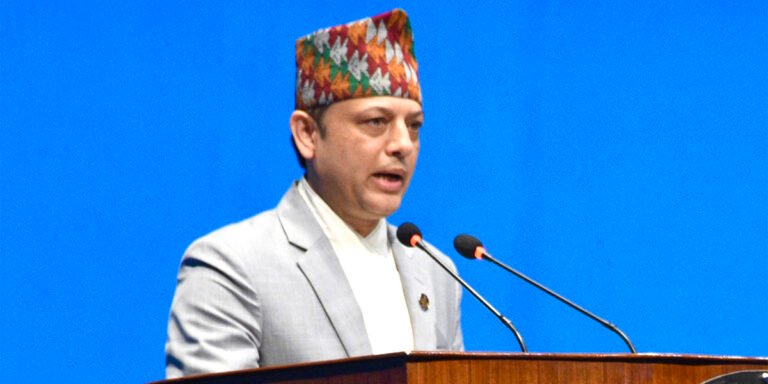
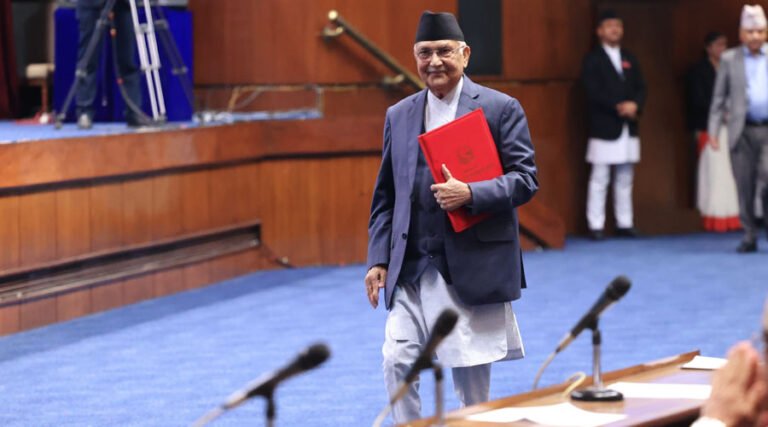


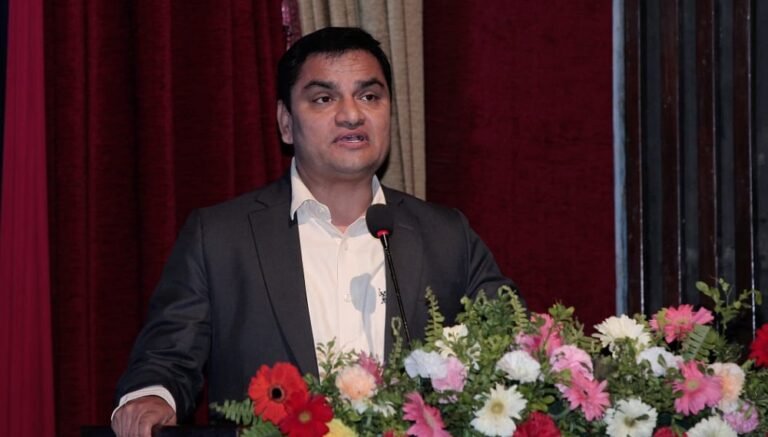

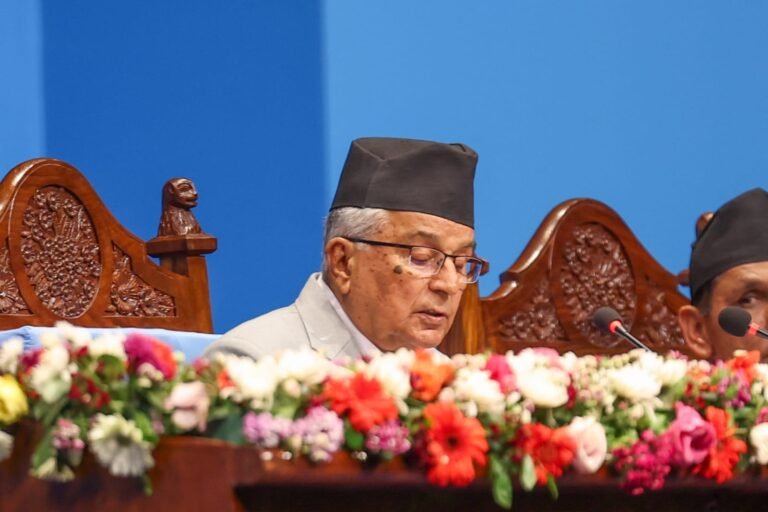


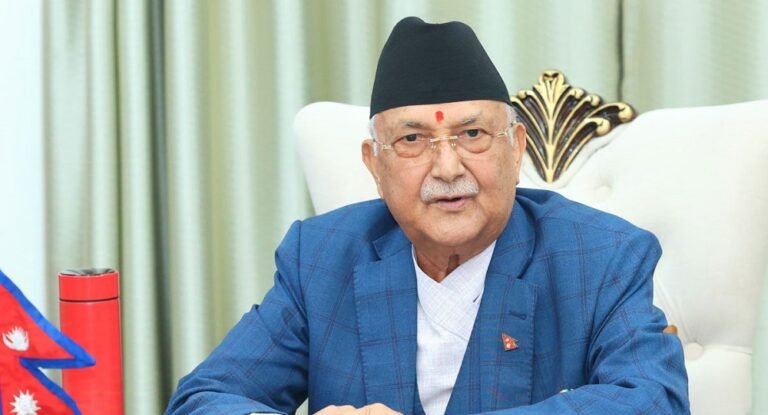
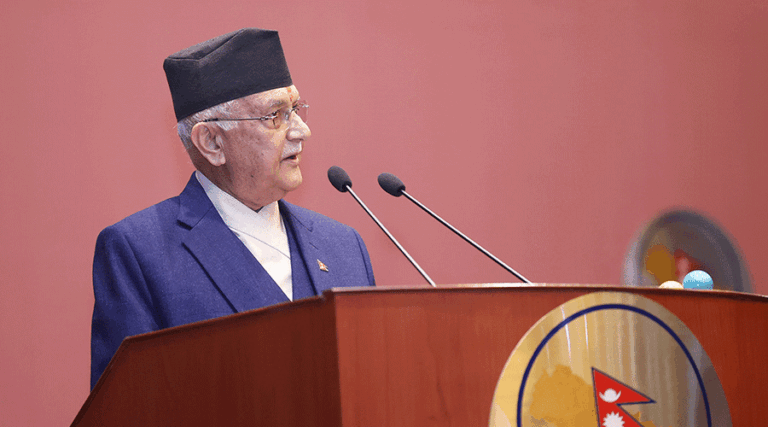
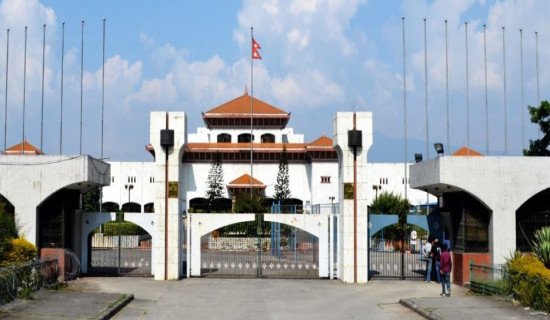
Please login to leave a comment.
Login to Comment